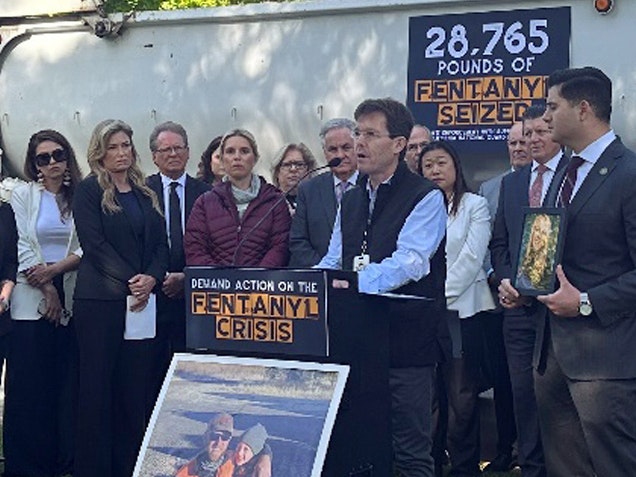- cross-posted to:
- health@lemmy.world
- cross-posted to:
- health@lemmy.world
When the history of the fentanyl crisis is written, 2023 may be remembered as the year Americans woke up to an unprecedented threat scouring communities - and a deepening cultural divide over what to do about it.
For the first time in U.S. history, fatal overdoses peaked above 112,000 deaths, with young people and people of color among the hardest hit.
Drug policy experts, and people living with addiction, say the magnitude of this calamity now eclipses every previous drug epidemic, from the 1980s to the prescription opioid crisis of the 2000s.
“We’ve had an entire community swept away,” said Louise Vincent, a harm reduction activist in North Carolina, who says she still sometimes uses street opioids including fentanyl.



I suspect it comes down to this: we think of suicide as a deliberate act by which a person kills themself. But, what about people who are aware they are playing a dangerous game but no longer care enough (or no longer have the wherewithal to even make an attempt)? At the end of the day, they themselves put the drug into their body. Strictly speaking, they did kill themselves, just in the same way that someone popping a bunch of pills in the medicine cabinet may be trying to do.
Where it gets dicey is if we consider the person in question to be completely “out of control”, at which point it’s common to anthropomorphize the drug and turn it into a kind of killer. But again – drugs must be acted upon to kill.